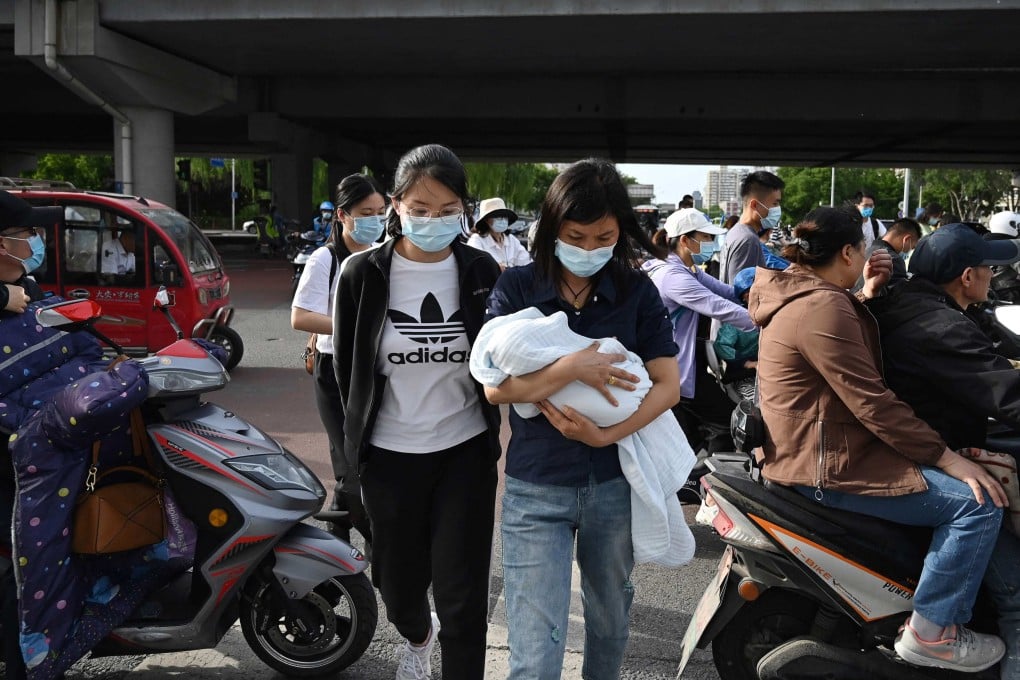China population: infertility rate rising faster than expected, new reproductive study shows
- One out of every 5.6 couples of childbearing age in China is unable to make a baby despite frequently having unprotected sex for at least a year
- New findings come as world’s most populous country is scrambling to deal with a demographic crisis

The prevalence of infertility in China has increased at a faster-than-expected rate in the past decade, dealing yet another blow to a nation that is finding it harder and harder to get people to have children, according to a leading reproductive specialist.
The world’s second-largest economy saw its infertility rate rise from 12 per cent in 2007 to 18 per cent in 2020, meaning that one out of every 5.6 couples of childbearing age faces difficulties making a baby, according to the latest national reproductive health survey led by Qiao Jie, a reproductive doctor and biologist.
Earlier this year, Sun Xi, a member of Jiangsu province’s top political advisory body, had estimated that the prevalence of infertility in China would rise to 18 per cent by 2025, based on the official infertility rate of 12.5 to 15 per cent in 2016. But it seems to have already reached that 18 per cent threshold.
Infertility is defined in the paper as the inability to get pregnant despite a couple frequently having unprotected sex for at least one year.
“Besides age-related infertility, infertility is probably affected by environmental exposures, chromosome abnormalities, lifestyles and unexplained factors,” Qiao, who is also the president of Peking University Third Hospital, said in a paper published last month in The Lancet, a peer-reviewed medical journal.
